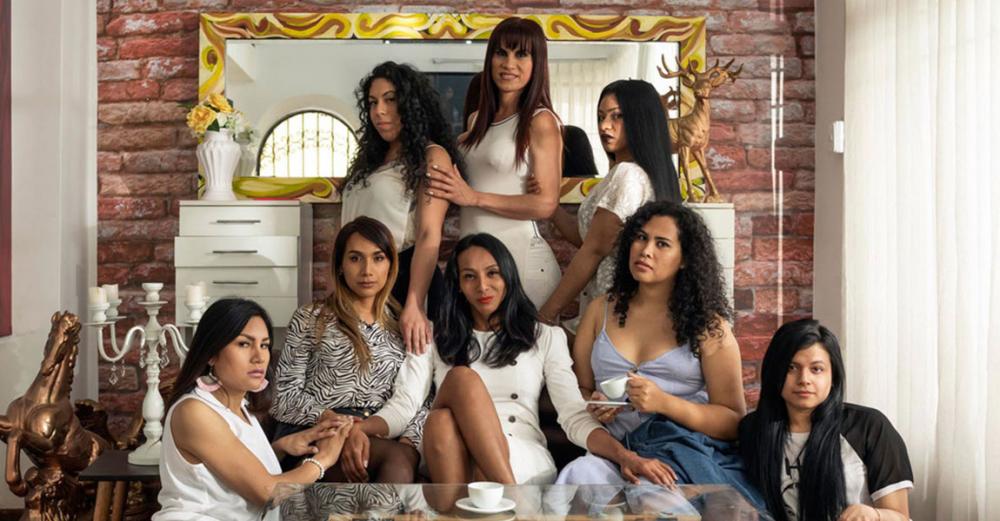Just Earth News | @justearthnews | 18 Apr 2020, 06:08 am Print

New York : New guidance from the UN human rights office, issued on Friday, sets out key actions to protect lesbian, gay, bisexual, trans and intersex (LGBTI) people against discrimination during the COVID-19 pandemic.
“LGBTI people are among the most vulnerable and marginalised in many societies, and among those most at risk from COVID-19”, said Michelle Bachelet, the UN High Commissioner for Human Rights.
“In countries where same-sex relations are criminalised or trans people targeted, they might not even seek treatment for fear of arrest or being subjected to violence.”
Blaming and targeting LGBTI people
The two-page guidance lists other ways LGBTI people may be particularly vulnerable during the pandemic.
Examples of health care discrimination based on sexual orientation, or on gender identity or expression, have been extensively documented in many countries, which can increase COVID-19 risk for LGBTI people.
There have also been “scattered reports” about LGBTI people being blamed for the disease, while police in some countries have used COVID-19 directives to attack and target LGBTI organizations.
With lockdowns and other stay-at-home restrictions in place, many LGBTI youth are now confined in hostile environments with unsupportive family members, putting them at risk of violence or increasing their anxiety or depression.
Protecting everyone’s rights
The UN guidance identifies steps for national authorities and other stakeholders, such as ensuring support services and shelters remain available at this time.
“We know that efforts to tackle the pandemic will only work if everyone’s rights to life and health are protected”, said Ms. Bachelet.
“For LGBTI people, this means identifying and addressing the ways in which they are particularly vulnerable, ensuring they are not discriminated against, and finding solutions. It also means ensuring their voices are heard.”
Meanwhile, a UN independent expert is highlighting the “alarming rise” in antisemitic hatred since the start of the COVID-19 crisis.Antisemitic hatred rising
Ahmed Shaheed is concerned that some religious leaders and politicians continue to exploit the pandemic to spread hatred against Jews and other minorities.
Shaheed, who is the UN Special Rapporteur on freedom of religion or belief, called for people everywhere to reject antisemitism and other forms of intolerance and discrimination.
He urged States to work with Jewish communities and organisations to strengthen monitoring of hate speech or crimes, and to develop strategies to support victims of antisemitism.
“Countering online hate speech also will not succeed if the mainstream or social media do not take seriously the reports of cyberhate targeting the Jews and other minorities”, he added
“They must remove any posts that incite to hatred or violence in addition to identifying and reporting fake news.”
Shaheed was appointed as a Special Rapporteur by the UN Human Rights Council in 2016.
Special Rapporteurs report back to the Council on a specific human rights theme or country situation. They are not UN staff and do not receive a salary for their work.
Photo caption and credit:
Morfi Jiménez
Trans women from the project Familia Féminas,at their home in Lima, Perú.
- India's blue city Jodhpur turns a rainbow leaf with Rajasthan's first LGBTQ-run cafe
- LGBTQIA: Greek parliament votes to legalises same-sex marriage
- Russia: UN rights chief denounces outlawing of ‘the international LGBT movement’
- Canada alerts LGBTQ citizens of the risks of travelling to US
- Survey says about 9 percent of adults in 30 countries identify themselves as LGBTQ





-1763561110.jpg)
